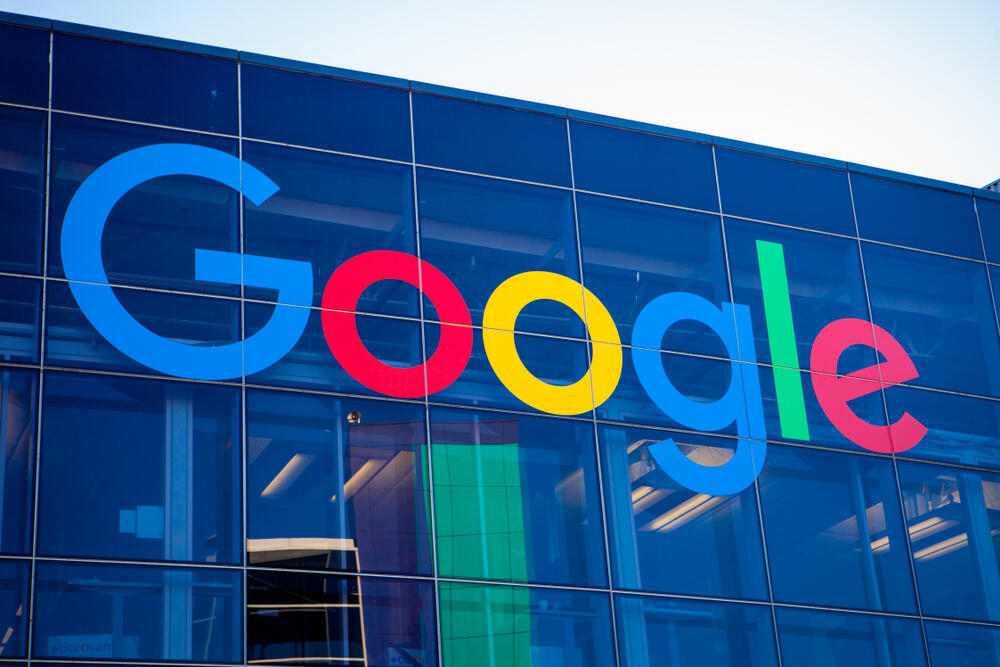Getting your Trinity Audio player ready...
AlphaProof and AlphaGeometry 2, AI systems developed by Google DeepMind, achieved a remarkable feat by scoring 28 out of 42 points and winning a silver medal equivalent at the prestigious International Mathematical Olympiad (IMO) competition.
AlphaProof leverages formal mathematical language, pre-trained language models, reinforcement learning techniques, and synthetic data generation for training, enabling it to generate and verify solution candidates for increasingly difficult problems, with the capability of self-learning potentially allowing it to eventually solve problems challenging even for humans.
AlphaGeometry 2 converts geometric problems into testable formats using a language model.
These systems are referred to as "Neuro-Symbolic," combining machine learning with traditional programming languages.
While some problems were solved in minutes, others took up to three days, even though IMO participants are given 4.5 hours per problem. The computational power invested by Google DeepMind remains undisclosed.
The AI systems demonstrated advanced mathematical reasoning capabilities, solving complex problems in algebra, combinatorics, geometry, and number theory.
Google DeepMind's goal is to achieve AGI (Artificial General Intelligence), a system with a broad range of capabilities beyond human level, and the performance of the AI at the IMO competition was considered a significant step towards achieving this goal.
Other AI systems like NuminaMath 7B TIR, MathΣtral, and OpenAI's "Strawberry" project are also working on enhancing the reasoning capabilities of AI models in STEM fields, addressing the weaknesses of LLMs in understanding basic math and reasoning problems.
The progress could have applications in science, engineering, and economics.
AI still requires significant breakthroughs to independently contribute to mathematical knowledge, according to experts.
This article was written in collaboration with Generative AI news company Alchemiq
Sources: NY Times, Yahoo, Geeky Gadgets, Marktechpost, El Periodico de Mexico, Wwwhatsnew, Winbuzzer, Rio Times, Financial Express, Developpez.com, Ilsoftware, 163.com, Wired, Analytics India Mag.


